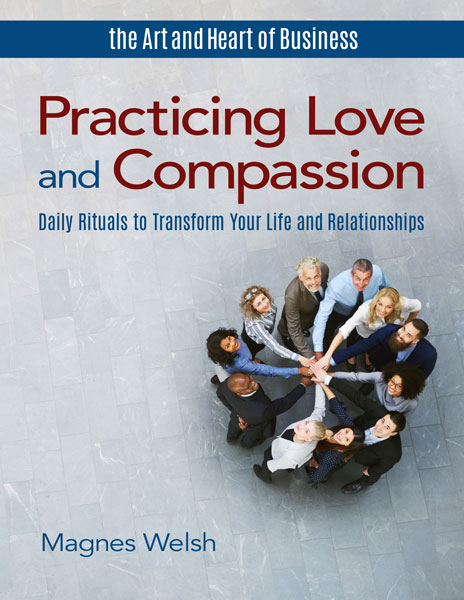This is the second post in my blog series on the foundations of heart-based leadership. If you missed it, don’t forget to check out last month’s post on celebrating others’ work. Thanks for reading!
Our ability to communicate effectively with others is arguably the single most important skill we can develop. It is a prerequisite for success in every sphere of our lives. Successful relationships — whether personal or professional — result when all involved feel they are heard and are able to confidently and authentically voice their needs, wants, and boundaries.
When we think of someone with strong “communication skills,” we often envision a person at ease speaking in front on an audience or particularly gifted at articulating his or her thoughts in a compelling and engaging way. While this is certainly important, the other side of the communication equation isn’t as easy to see, but it matters just as much. If we are not attuned, thoughtful, earnest listeners, we miss out on the opportunity to truly connect.

Many of us, regardless of what we spend our days doing, live with the constant pressure to do more and this wreaks havoc on our communication with others. This is because listening requires us to pause, be fully present, and open our hearts, without leaning into the future — preparing our response, interpreting what we hear according to how it will impact us, or thinking about something else entirely. This is the difference between hearing and listening. The former is a matter of the ears, while the latter is skill of the heart. When we listen in a disengaged way, our communication, and thus our relationships, stay surface-level and often we miss out on important information. As leaders, we should strive to bring the same quality of attention every time we listen, regardless of the speaker. Everyone has valuable information to share, and all deserve to be honored with authentic listening.
In my own case, when I’m being conscientious about listening deeply, it makes a huge difference in the quality of connection I am able to make. People often say that my response is just what they needed to hear, a wise insight, or profoundly touching. In these instances, because I am listening with my full attention, when I speak, it is from the heart rather than the mind.

There are excellent resources for developing the capacity for deep listening. Many of these offer strategies to practice “active listening,” which can be helpful in making something which can seem abstract more concrete and actionable. The Greater Good Science Center has a helpful worksheet that highlights both the attitudinal and conversational components that can help deepen our listening. There are many others out there, and like anything else, becoming a better listener takes effort and practice. But more important than any strategy or rubric, real listening is about open-hearted willingness to be present — both with ourselves and with another person — the curiosity to go deeper, and the intention to connect authentically.




